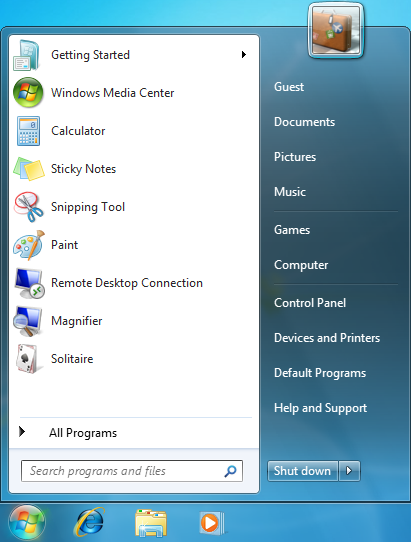FOSS Week in Review
Java is the target for half of all exploits
We’ve been saying for a couple of years now that Java isn’t safe and have been urging everyone who will listen to disable Java in the browser. As we’ve been saying this, comments to our articles on Java security have filled with folks wagging a finger and “reminding” us that Java is only a threat in the browser, that otherwise Java is safe.
That is wrong. The only time Java is safe is when it’s in a cup. According to an article published on IT World, researchers say that Java is now responsible for fully half of the exploits discovered in December.








 There’s even been more digital security news from the EU, where there’s been a scramble to address privacy and security issues since the NSA scandal began. On January 3,
There’s even been more digital security news from the EU, where there’s been a scramble to address privacy and security issues since the NSA scandal began. On January 3, 

